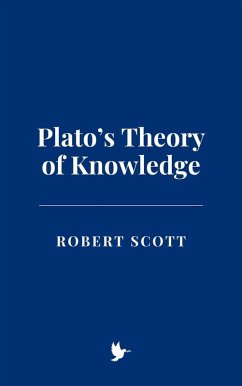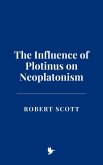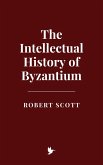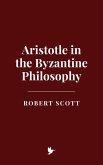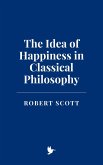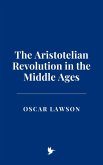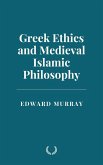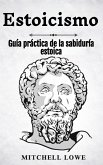Plato's philosophical contributions are inseparable from the intellectual legacy of Socrates, whose method of dialectic or "elenchus" formed the basis of Plato's early inquiries into epistemology. Socrates never claimed to possess knowledge himself but was relentless in exposing ignorance through probing questions. In dialogues such as Apology, Euthyphro, and Crito, Socrates repeatedly demonstrated that many who claimed to "know" were unable to justify their beliefs when subjected to rational examination. This early epistemological skepticism laid the groundwork for Plato's exploration of the nature of knowledge itself. However, whereas Socrates appeared content to uncover ignorance without proposing an overarching system, Plato sought to construct a robust metaphysical and epistemological framework that could explain not only what knowledge is but also how humans can possess it.
Central to Plato's theory of knowledge is the Theory of Forms, which he elaborates across several key dialogues, including Phaedo, The Republic, and Timaeus. The Forms, or "eide" (singular "eidos"), are perfect, immutable, and eternal entities that exist in a separate, intelligible realm beyond the material world. Plato postulated that true knowledge (episteme) is knowledge of these Forms, as opposed to mere opinion (doxa), which concerns the fluctuating, imperfect world of sensory experience.
Dieser Download kann aus rechtlichen Gründen nur mit Rechnungsadresse in A, B, CY, CZ, D, DK, EW, E, FIN, F, GR, H, IRL, I, LT, L, LR, M, NL, PL, P, R, S, SLO, SK ausgeliefert werden.

